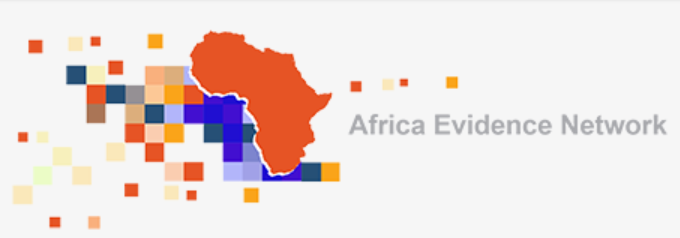
There is no dispute over the importance of using evidence to inform policy-making. This has been demonstrated by a number of policies informed by evidence, for example the growth with equity policy in health, education and social services.
But to make sure that it is systematically and routinely applied, you need a strong institutional policy landscape that supports evidence-informed policy-making.
This means that government organisations need to have systems and processes in place to support evidence use, as well as strong links and communication between institutions involved in producing and using research for policy.
Institutions working in isolation is a major barrier to evidence use
There are some institutions with structures in place to support the use of research evidence in policy-making – for example, the Zimbabwe Economic Policy and Research Unit (ZEPARU), the Scientific Industrial Research and Development Centre (SIRDC) the Research Council of Zimbabwe (RCZ).
However, there are many that do not and, with a few exceptions, there are limited linkages between policymakers using research and those producing research, such as non-governmental organisations.
As such, there is little or no collaboration or coordination in working out research priorities for governments. In turn, research from academia lacks policy relevance or commercial value – rather it’s done for personal or academic development.
And there are other barriers stifling evidence use
Within government there is still a lack of evidence literacy – knowing where to get evidence from, how to know what is good evidence, and how to balance the arguments.
Evidence is also volatile. It’s shaped by different narratives, interpretation and framing depending on the context. Sometimes, ideological issues or commercial interests also bias decision-making processes.
Governments should lead the way in strengthening evidence use
The Government of Zimbabwe should take lead in demanding policy-relevant evidence and creating an enabling environment for engagement between the different actors involved.
It should move away from being a reactive institution and start to be pro-active in promoting and supporting the use of evidence in policy-making.
This means making a deliberate move to invest more in research, science and technology development. There is a direct relationship between the number of think tanks in a country and the level of development of that country.
Emerging tools like collaborative evidence gap mapping or policy uncertainty indices are effective in defining research priorities and in managing policy implementation. Using these tools promotes a culture of using good evidence.
But the government can’t do everything
We must forego the misplaced thinking that governments should do everything. Yes, the Government should set up the best policy environment and conducive engagement platforms, but then other players need to contribute.
Because policy making is a political process, researchers and other actors should identify strategic points of entry and at the same time work with values of equity and of social justice.
Research institutions must also innovate and collaborate to survive
Researchers should be innovative to produce research that is not only policy relevant but can also positively change people’s lives In the current environment of donor fatigue and increased competition for limited funds, collaboration, multi-disciplinary consortia and active communities of practice become key.
The author is the Director of the Zimbabwe Evidence Informed Policy Network (ZeipNET) and writes in his personal capacity. The views and opinions expressed in the article are those of the author and do not represent those of AEN.
On 5 February 2016, ZeipNET held a Forum on the Evidence Institutional Landscape in Zimbabwe, in partnership with the Africa Evidence Network. The event brought together governmental and non-governmental actors to start building Zimbabwe’s institutional policy landscape. Watch the panel event.